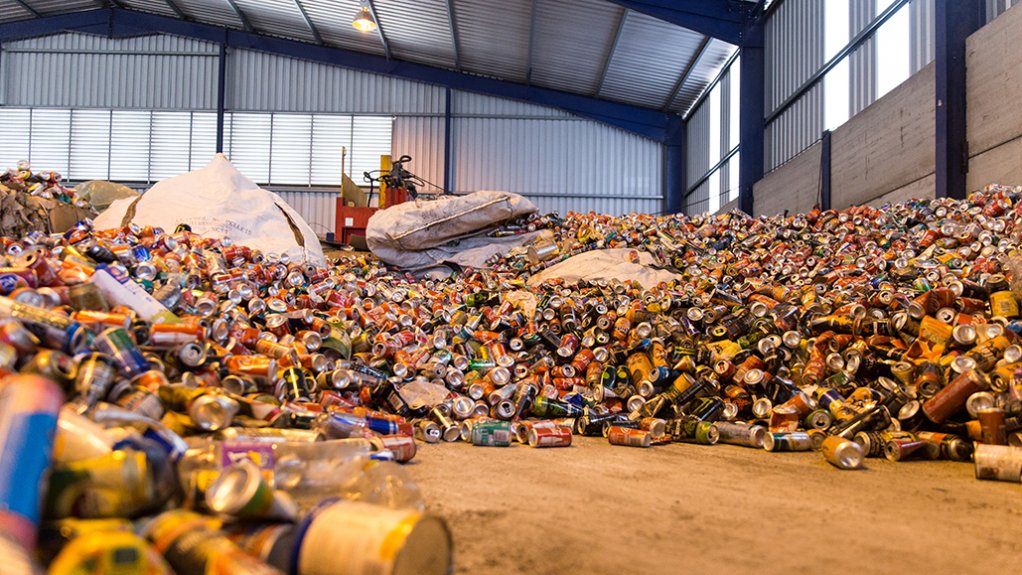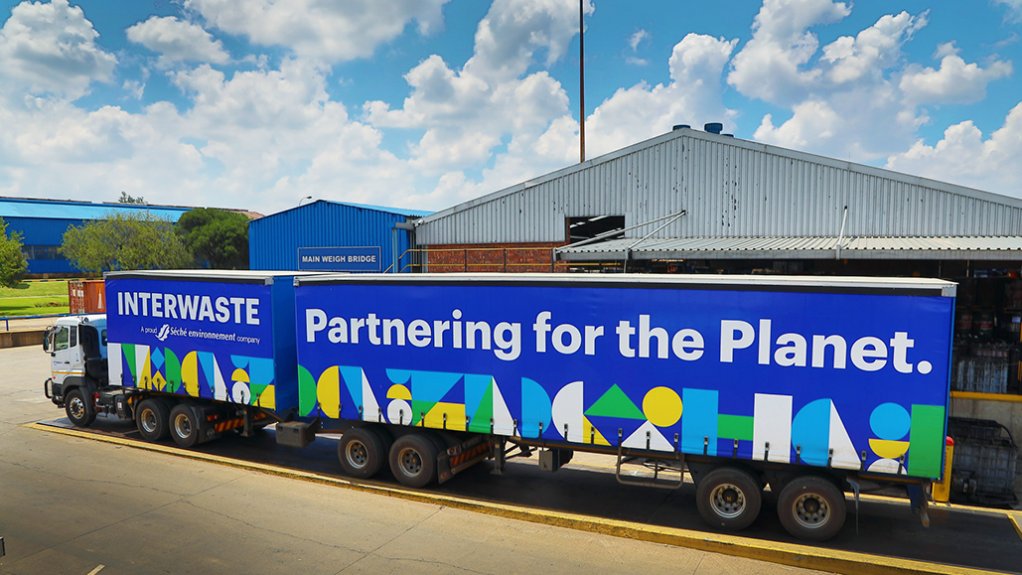New approaches to waste needed to alleviate impact



RE-FRAMING WASTE Waste products can be used to meet other resource demands
GROUP EFFORT Recycling and waste management solutions require the full support and intervention of government
Establishing a hierarchy to avoid and minimise waste production, following a circular economy model and increasing awareness on the impact of waste can alleviate the impacts of current waste management systems, says waste management service Interwaste marketing director Kate Stubbs.
Current waste management systems and consumer behaviours need to be addressed holistically to effectively mitigate the negative impacts on the global environment and biodiversity.
Biodiversity loss has significantly increased globally, owing to population growth, urbanisation, unsustainable consumer behaviours and unsustainable consumption patterns. These factors also exacerbate climate change, which is associated with significant impacts, particularly on vulnerable communities.
Currently, one-million of the known eight-million species of fauna and flora are threatened with extinction, while 75% of the earth's land surface and two-thirds of the ocean, along with 90% of marine life, is impacted on and significantly altered by human activities, says Stubbs.
The extinction of various species has detrimental, long-term effects on ecosystems, which, ultimately, affect the human population.
Irresponsible waste management systems contribute significantly to pollution, which, in turn, affects the atmosphere, water, soil and environment.
Industrialisation has led to a “take, make, waste, mindset”, whereby natural resources are used to make a product, which is then discarded when it has served its purpose, she says.
However, as many resources are finite, using them without consideration puts further pressure on these resources and the delicate balances of ecosystems.
Waste products result in valuable resources being discarded and more natural resources being required, which will, in part, become waste at the end of its cycle.
Strategies to Implement
Stubbs states that, to mitigate the impact of waste, as well as use resources more efficiently, a hierarchy of waste management needs to be adopted.
This entails evaluating the source of waste at every level of production and avoiding waste where possible. In areas where waste cannot be avoided, it should be minimised.
The resulting waste should then be subjected to a reuse, recycle or recovery process. If there is still waste, it should be discarded safely and responsibly, in line with regulations.
Another approach that needs to be followed is that of a circular economy, the aim of which is to eliminate waste and create more sustainable and collaborative systems.
This requires businesses and individuals to shift their thinking to evaluating the impact of their actions.
This system is also more inclusive, as it considers environmental, economic and social benefits aspects. Therefore, products are sustainable while being affordable.
However, Stubbs stresses that behaviour change is needed to make these systems successful – education and awareness are crucial to ensure that businesses and people are aware of their impact.
“We have deeply ingrained systems and behaviours that need to change, which is difficult,” she acknowledges.
Having reliable systems that assist individuals in separating and recycling their waste can make a significant difference in diverting waste from landfills, and contributing to a circular economy.
Further, such systems can simplify this process for businesses, consequently making the process more cost effective and efficient, particularly as businesses focus on and commit to environment, social and governance goals.
Stubbs adds that inequality should also be addressed.
Many people cannot afford to make ecofriendly choices, which makes it difficult to address issues such as biodiversity loss and waste management. This is particularly evident as the inequality gap grows, and rural communities are adversely affected by climate change and unsustainable behaviour.
To address this issue, businesses and finance structures need to become more inclusive and sustainable.
Although many recycling and waste management solutions are currently economically viable, they require the full support and intervention of government, she says.
Policies also need to be implemented and enforced to ensure that each system can fulfil its purpose effectively.
Waste as a Resource
Stubbs emphasises the need to see waste as a resource, and while there is a cost associated with converting waste into a resource, these waste products can be used to meet other resource demands.
Organic waste creates methane gas, which is a big contributor to climate change, but organic waste can be processed in mini composting systems and used to improve soil health.
Technology products, such as phones, contain valuable precious metals and minerals, but are often discarded in favour of newer models. Such products cannot be discarded in a landfill, but if recycled properly, their components can be reused in other products, she explains.
Technology can be a powerful tool for creating more sustainable systems, Stubbs says, emphasising that technology should be used to address issues such as biodiversity loss and waste management, rather than exacerbating them.
“Every little bit matters and it is the responsibility of every one of us to be more mindful of our impact on the planet.”
Article Enquiry
Email Article
Save Article
Feedback
To advertise email advertising@creamermedia.co.za or click here
Press Office
Announcements
What's On
Subscribe to improve your user experience...
Option 1 (equivalent of R125 a month):
Receive a weekly copy of Creamer Media's Engineering News & Mining Weekly magazine
(print copy for those in South Africa and e-magazine for those outside of South Africa)
Receive daily email newsletters
Access to full search results
Access archive of magazine back copies
Access to Projects in Progress
Access to ONE Research Report of your choice in PDF format
Option 2 (equivalent of R375 a month):
All benefits from Option 1
PLUS
Access to Creamer Media's Research Channel Africa for ALL Research Reports, in PDF format, on various industrial and mining sectors
including Electricity; Water; Energy Transition; Hydrogen; Roads, Rail and Ports; Coal; Gold; Platinum; Battery Metals; etc.
Already a subscriber?
Forgotten your password?
Receive weekly copy of Creamer Media's Engineering News & Mining Weekly magazine (print copy for those in South Africa and e-magazine for those outside of South Africa)
➕
Recieve daily email newsletters
➕
Access to full search results
➕
Access archive of magazine back copies
➕
Access to Projects in Progress
➕
Access to ONE Research Report of your choice in PDF format
RESEARCH CHANNEL AFRICA
R4500 (equivalent of R375 a month)
SUBSCRIBEAll benefits from Option 1
➕
Access to Creamer Media's Research Channel Africa for ALL Research Reports on various industrial and mining sectors, in PDF format, including on:
Electricity
➕
Water
➕
Energy Transition
➕
Hydrogen
➕
Roads, Rail and Ports
➕
Coal
➕
Gold
➕
Platinum
➕
Battery Metals
➕
etc.
Receive all benefits from Option 1 or Option 2 delivered to numerous people at your company
➕
Multiple User names and Passwords for simultaneous log-ins
➕
Intranet integration access to all in your organisation




















